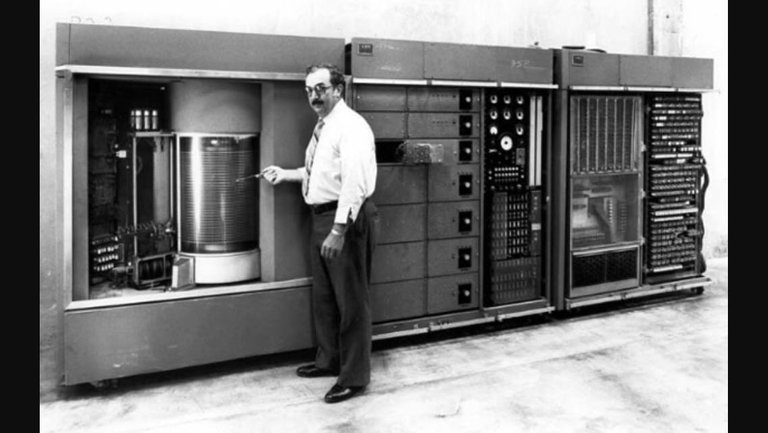 The market experimenters and entrepreneurs of the eighteenth and early nineteenth centuries who began to invest in mass-production machinery in what became known as the factory system never imagined that their attempts to find ways to produce more and less-expensive goods for mass consumption as the means to earning their personal profits would cumulatively generate what we now call the Industrial Revolution. The economic transformation of rising standards of human living that has come from their investments over the last 200 years was unimaginable. Nor, more recently, could most people, if any, have imagined the ways everyday life would be changed and transformed by the development of 153 computer technology. The first IBM computer occupied much of a city block in New York City. Who could have anticipated at that time that the later invention and development of the microchip would revolutionize the world of communication and commerce in the way that it has over the last few decades? Who could have planned for it? Yet, 100 years ago, an American president entered the First World War to “make the world safe for democracy” and helped to set in motion a sequence of unintended consequences that, instead, resulted in twentieth-century Soviet communism, Italian fascism, and German Nazism. And more recently, anti-terrorist nation-building by the U.S. government’s military intervention in Afghanistan, Iraq, and Libya has helped foster, instead, the emergence of religious fanatics and cruel murderers equal to or often worse than the tyrants the interventions were designed to overturn.
The market experimenters and entrepreneurs of the eighteenth and early nineteenth centuries who began to invest in mass-production machinery in what became known as the factory system never imagined that their attempts to find ways to produce more and less-expensive goods for mass consumption as the means to earning their personal profits would cumulatively generate what we now call the Industrial Revolution. The economic transformation of rising standards of human living that has come from their investments over the last 200 years was unimaginable. Nor, more recently, could most people, if any, have imagined the ways everyday life would be changed and transformed by the development of 153 computer technology. The first IBM computer occupied much of a city block in New York City. Who could have anticipated at that time that the later invention and development of the microchip would revolutionize the world of communication and commerce in the way that it has over the last few decades? Who could have planned for it? Yet, 100 years ago, an American president entered the First World War to “make the world safe for democracy” and helped to set in motion a sequence of unintended consequences that, instead, resulted in twentieth-century Soviet communism, Italian fascism, and German Nazism. And more recently, anti-terrorist nation-building by the U.S. government’s military intervention in Afghanistan, Iraq, and Libya has helped foster, instead, the emergence of religious fanatics and cruel murderers equal to or often worse than the tyrants the interventions were designed to overturn.
Austrian Economics and Public Policy: Restoring Freedom and Prosperity
Richard M. Ebeling
Sort: Trending